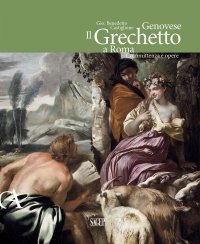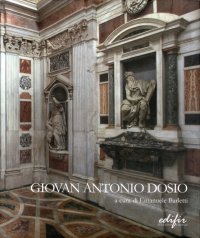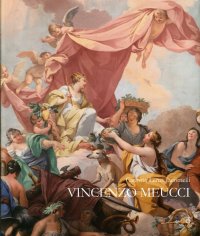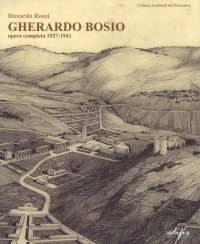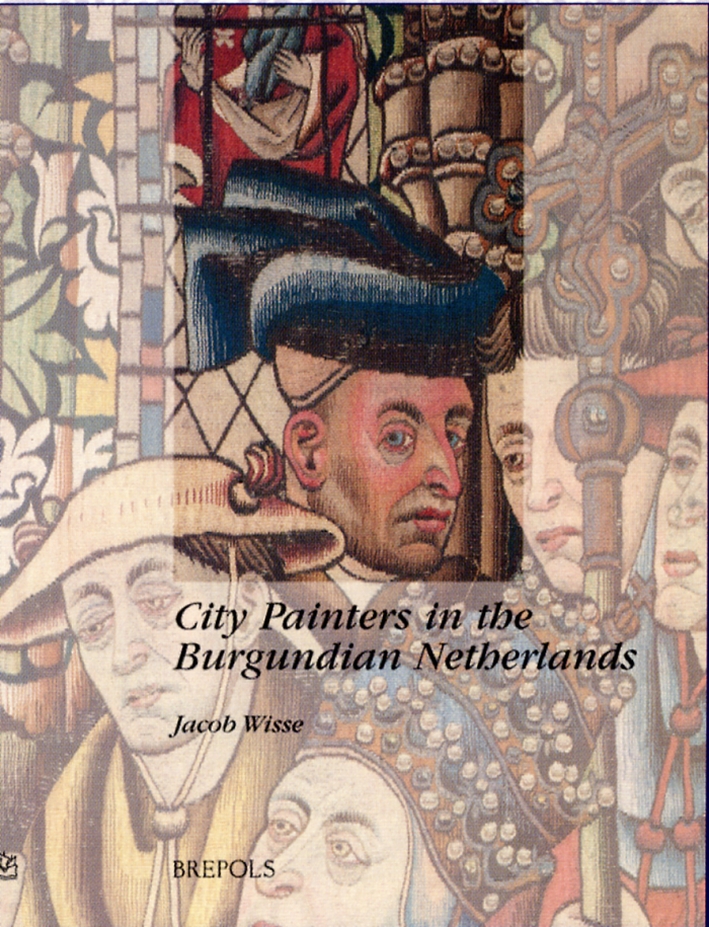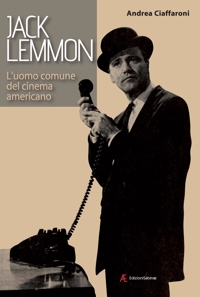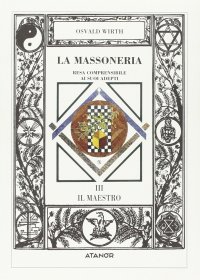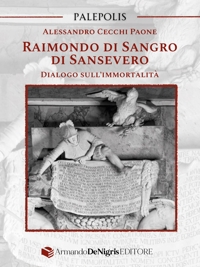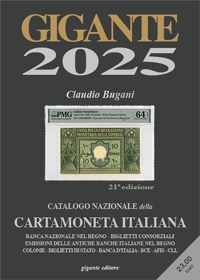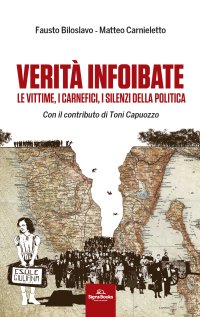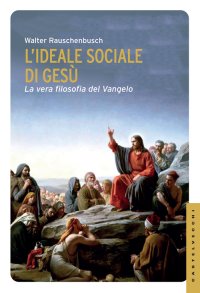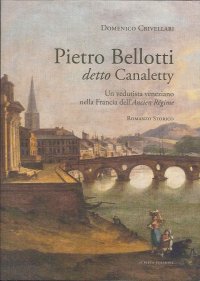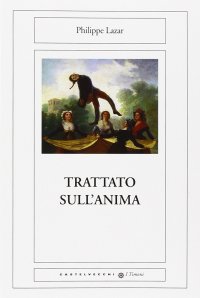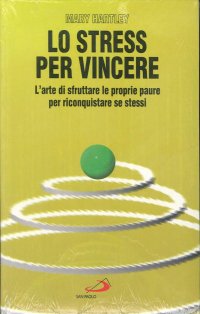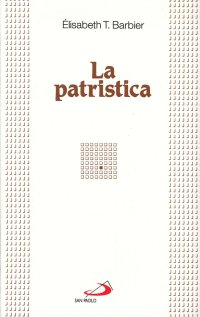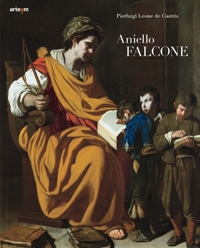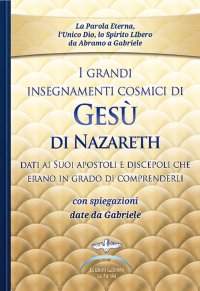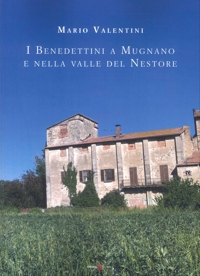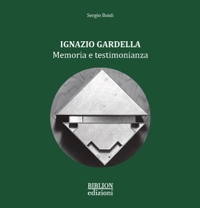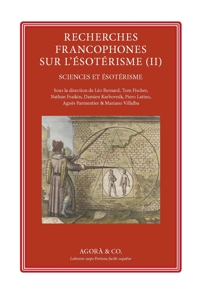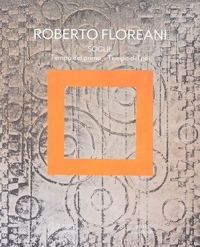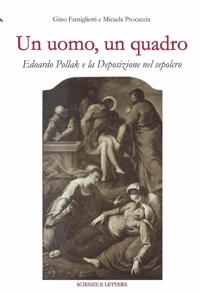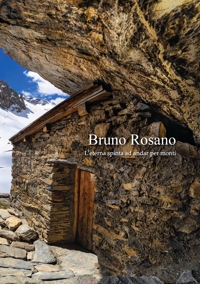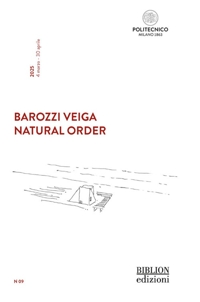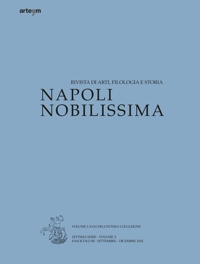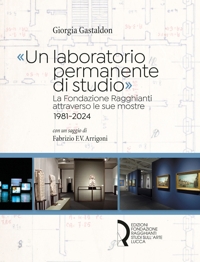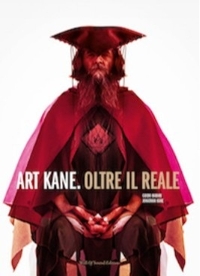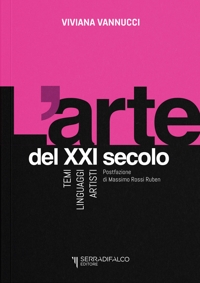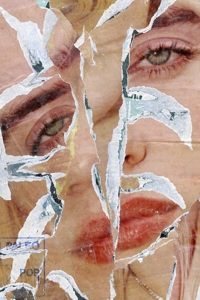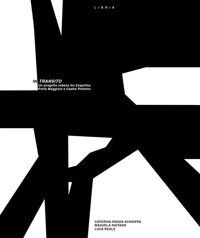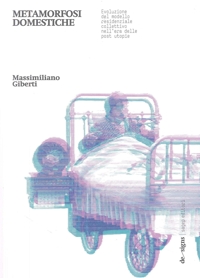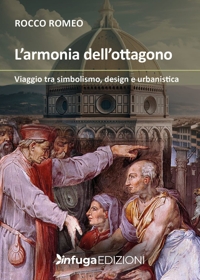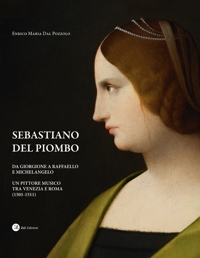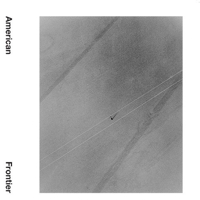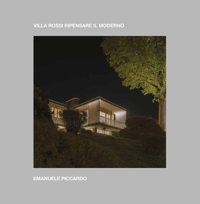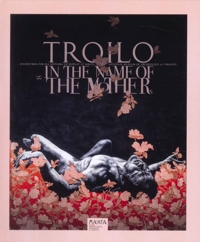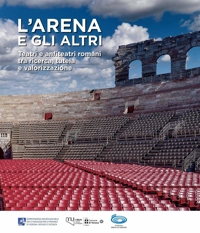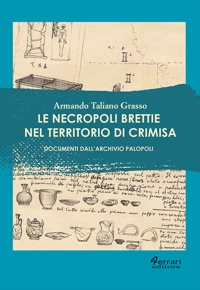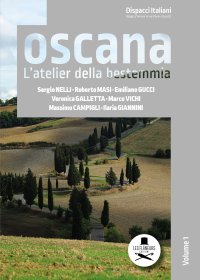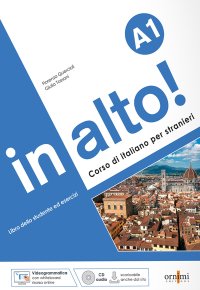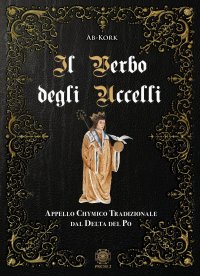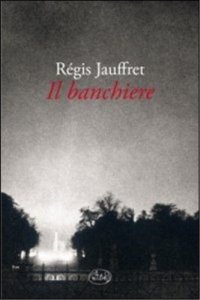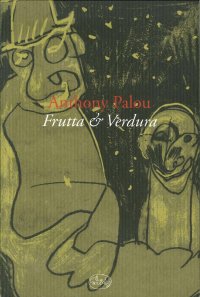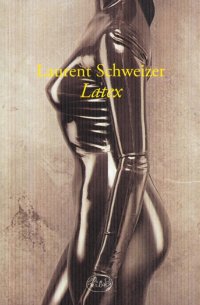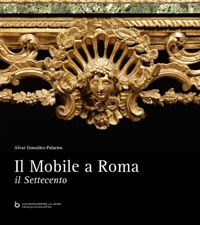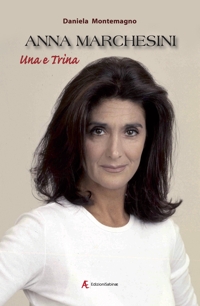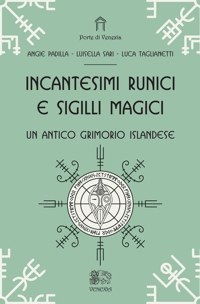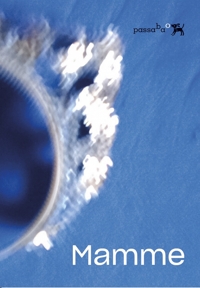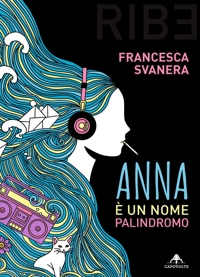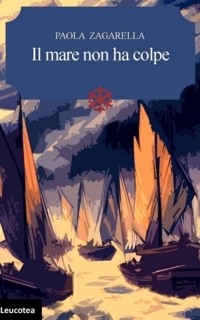Gio. Benedetto Castiglione Genovese. Il Grechetto a Roma. Committenza e opere
Edited by Orlando Anna and Francesco Rotatori.
Genova, 2023; paperback, pp. 304, col. ill., cm 23x29.
cover price: € 150.00
|
Books included in the offer:
Gio. Benedetto Castiglione Genovese. Il Grechetto a Roma. Committenza e opere
Edited by Orlando Anna and Francesco Rotatori.
Genova, 2023; paperback, pp. 304, col. ill., cm 23x29.
FREE (cover price: € 150.00)
Giovan Antonio Dosio Da San Gimignano Architetto e Scultor Fiorentino tra Roma, Firenze e Napoli
Edited by Emanuele Barletti.
Photographs by BACHerin Paolo and Saverio De Meo.
Prima edizione 2011.
Firenze, 2011; bound, pp. 844, b/w and col. ill., tavv., cm 24x28,5.
FREE (cover price: € 98.00)
Vincenzo Meucci
Co-Editore: Cassa di Risparmio di Firenze.
Firenze, 2015; hardback, pp. 304, col. ill., cm 25x29,5.
(Arte).
FREE (cover price: € 50.00)
Gherardo Bosio. Opera Completa 1927-1941
Firenze, 2016; paperback, pp. 368, b/w and col. ill., cm 23x28.
(Architetti del Novecento. Storia e archivi).
FREE (cover price: € 60.00)
City Painters in the Burgundian Netherlands
Wisse J.
Brepols Publishers
English and French Text.
Turnhout, 2015; hardback, pp. 300, 50 col. ill., cm 19x25.
(Ars Nova. 6).
series: Ars Nova
ISBN: 2-503-51231-3 - EAN13: 9782503512310
Subject: Painting
Period: 1400-1800 (XV-XVIII) Renaissance
Places: Europe
Languages: 

Weight: 0.63 kg
Drawing on extensive firsthand documentation, this book reconstructs the origins and development of the official city painter in the Burgundian Netherlands over the course of the fifteenth century, and addresses the changing status of the artists.
Around 1400 a new official position was created for artists in several major centers in the southern Netherlands, i.e. Antwerp, Louvain, Malines. Appointed by the municipal government, these city painters (called stadsmeester schilders) were paid an annual salary and provided with the benefits and title of civic office. Their primary responsibility was to organize and decorate an annual procession known as the ommegang. While this role continued uninterruptedly for the next one hundred years, for at least two painters -- Rogier van der Weyden in Brussels and Dieric Bouts in Louvain - the position was altered to encompass different and apparently more ambitious artistic goals. Drawing on extensive firsthand documentation from municipal accounts and records, this book reconstructs the origins and development of the official city painter over the course of the fifteenth century. At the same time, it addresses the changing status of artists during this period and examines civic patronage as an impetus for generating new artistic goals in the Burgundian Netherlands.
Wirth Oswald € 14.25
€ 15.00 -5 %
Alessandro Cecchi Paone € 8.55
€ 9.00 -5 %
Fausto Biloslavo; Matteo Carnieletto € 14.25
€ 15.00 -5 %






